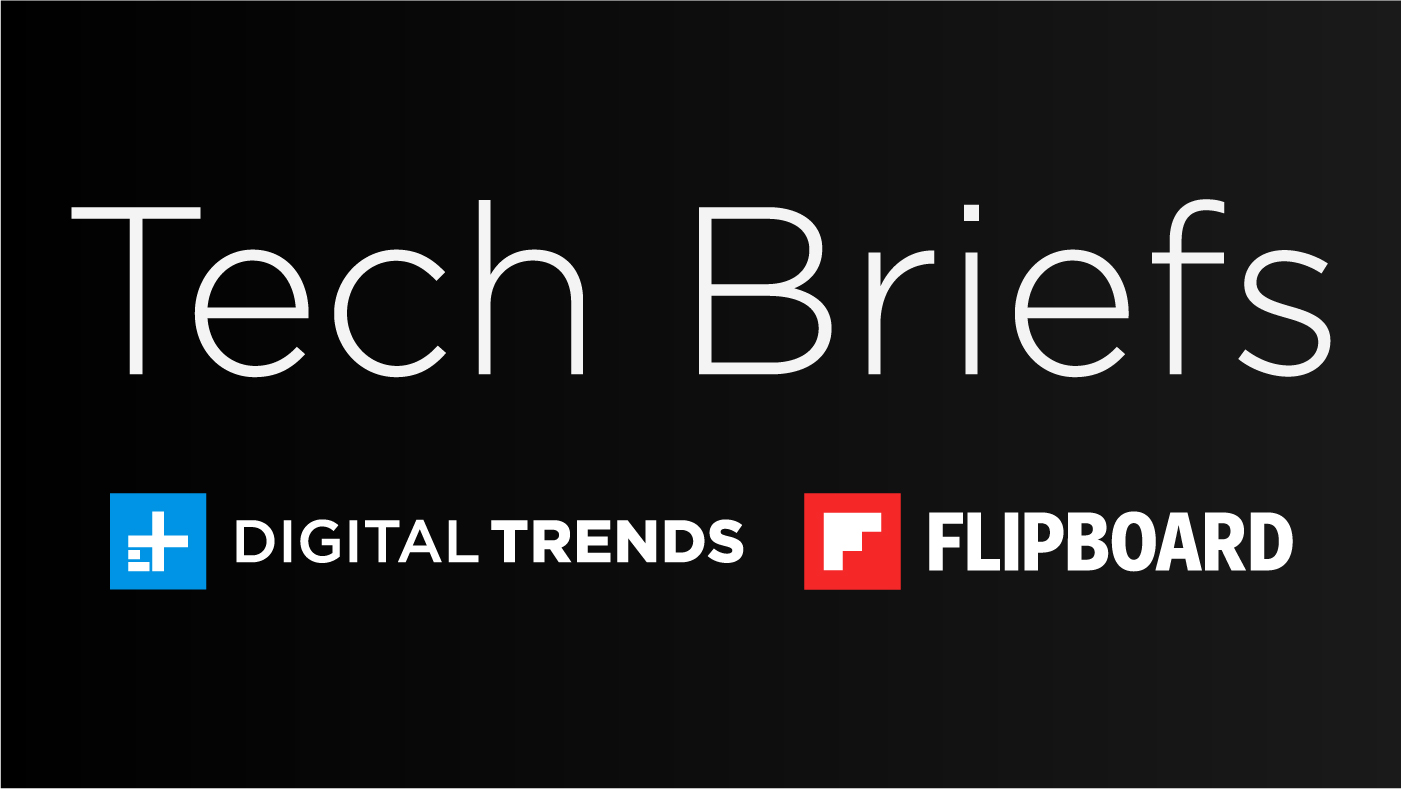The Big Picture
It’s been something I’ve mulled over for a long time, but now I’m happy that the day is finally here: you’re receiving the inaugural issue of Filed! Thank you for subscribing and I hope you enjoy what’s featured in this newsletter. My goal is to not only share my perspective on what’s happening in the tech industry, leveraging my experience as a technology journalist, but also to pass along a few articles, podcasts, and tidbits you may have missed throughout the week.
As a news junkie, I consume a lot of content, most of it filtered into my Flipboard magazines and also through my social channels, namely Twitter. But while those are great repositories for amazing articles I’ve found, it can appear overwhelming for anyone following me on these apps. So with Filed, I want to offer my personalized curation to you, extracting outstanding journalistic pieces to help you be more informed about what’s going on in tech.
Each issue will have a column from myself, which could be a short essay based on a theme worth exploring that week, an interview, review, or simply a GIF that amuses me. Who knows? Then we’ll look at the headlines, providing you with what the media has covered about Big Tech, regulatory affairs, streaming services, acquisitions and IPOs, the enterprise, virtual reality, and more! At the end will be a free form area, whether it’s my latest podcast with Digital Trends for my “Tech Briefs” segment (which I know you’re all watching/listening to, right?), or whatever else is worth sharing. We’re experimenting here, people!
So with that out of the way, buckle up and let’s take a tour through the world of tech. If you have any questions or feedback, feel free to hit me up on email (filed@thelettertwo.com) or through any of the popular social channels. Happy to have a conversation.
P.S.: I’d appreciate it if you added this Filed email address to your address book so it doesn’t get blacklisted or labeled as “spam” accidentally. Thanks!
P.P.S.: Special shout-out to my friend Krystal Lauk for designing the amazing Filed logo!
The Headlines

Most Americans don’t know Facebook owns Instagram and WhatsApp, among other digital basics
Marie C. Baca, The Washington Post
Most Americans don’t know that social media giant Facebook owns Instagram and WhatsApp. They also don’t know that private browsing modes hide online activities only from someone else using the same computer. And few can correctly identify an example of true two-factor authentication, a security measure experts say is one of the most important ways users can protect sensitive information.
What Does PewDiePie Really Believe?
Kevin Roose, The New York Times
The biggest YouTuber in the world has been accused of being a closet white nationalist and even inspiring mass shootings. He says it’s all a misunderstanding.
In his YouTube videos, Kjellberg is a spring-loaded ball of manic energy — he screams, he curses, he cracks himself up. But in person, he was withdrawn and polite, with the stiff body language of a job applicant. He seemed eager to make a good impression, or at least to appear nonthreatening.
The Strange Evolution of Viral Music Sensation
Rawiya Kameir, Pitchfork
From Kitty Pryde to Lil Nas X, going viral has gone from a quirky phenomenon to the new normal.
Throughout the past decade, going viral became the norm. Now, seemingly every day, there’s a new thing—a video, a meme, a phrase—that takes off and explodes. Music always felt especially ripe for virality; as chatter centralized on the internet, new acts were constantly cropping up, earning a mass of attention off of a single song or clip. Their talent and skill were often in question. But the industry, enjoying a financial uptick thanks to the streaming boom, began swooping in to offer resources and legitimacy when someone had enough buzz. In 2017, Cardi B and Bhad Bhabie leveraged viral TV fame into major label deals—and the income-generating expectations that come along with those. As the industry found new revenue streams to exploit, fans found new ways to connect with artists.
Lithium-ion batteries are everywhere. Their creators just won the Nobel Prize in Chemistry.
Brian Resnick, Vox
The lithium-ion battery changed the world, and it’s only been in existence for around 30 years. Today, the Nobel Prize in chemistry was awarded to three of the scientists most closely involved in its development.
The unlikely activist behind the nation's toughest privacy law isn't done yet
Brian Fung, CNN Business
Alastair Mactaggart is a real estate developer but is leading the battle to strengthen data privacy protections in California. He wants to have a ballot measure in the next election that, if passed, would cause companies like Google and Facebook to face stiffer regulations than what currently exists with the state’s Consumer Privacy Act.
Turning the tables: Women in tech job interviews have questions of their own
David Ingram, NBC News
Ingram reports from this year’s Grace Hopper Celebration, looking at how women’s perspectives in tech have changed over the year and fighting back against the industry’s long history of sexual harassment and discrimination.
The tech industry remains far from gender parity, and in interviews with NBC News, women in various stages of their careers said they were finding ways large and small to cooperate with one another and push back against male dominance. The thousands of young female workers who are entering the tech industry through channels like this one are taking lessons from the recent sexual misconduct scandals, and considering ways they can reshape the places they’ll work.
China’s Global Reach: Surveillance and Censorship Beyond the Great Firewall
Danny O’Brien, Electronic Frontier Foundation
…the ongoing Hong Kong protests, and mainland China's pervasive attempts to disrupt and discredit the movement globally, have highlighted that China is not above trying to extend its reach beyond the Great Firewall, and beyond its own borders. In attempting to silence protests that lie outside the Firewall, in full view of the rest of the world, China is showing its hand, and revealing the tools it can use to silence dissent or criticism worldwide.
What Happens When a Vacuum Company Tries to Make an Electric Car
Giles Turner and Peter Robison, Bloomberg Businessweek
When James Dyson, the man who made the $599 bagless vacuum a thing, said in 2017 that his company was going to make an electric car, he got more than a few raised eyebrows. Still, Dyson said he planned to spend £2 billion ($2.5 billion), a bet-the-company amount equivalent to two years’ earnings, on the effort to develop a product that neither blew nor sucked.
This Week in Tech Briefs

Every week, Digital Trends and Flipboard produce a segment called “Tech Briefs” where we cover the week’s top tech news in 10 minutes (or so). It’s also available as an audio-only podcast so please subscribe to it in your favorite app (Spotify, Google Play, Apple Podcast, Stitcher, and Soundcloud) because we oftentimes put together some exclusive episodes!
That’s all there is!
Thank you for reading this newsletter and I hope you not only enjoyed it but found it informative. If you want something more real-time, I encourage you to check out my Flipboard magazines and follow me on Twitter, Facebook, and LinkedIn.
Please send me your feedback: how can I do better? Worse? Things you’d like to see featured?
I’m off to scour the internet for more news…check your inbox next week for another issue of Filed!


